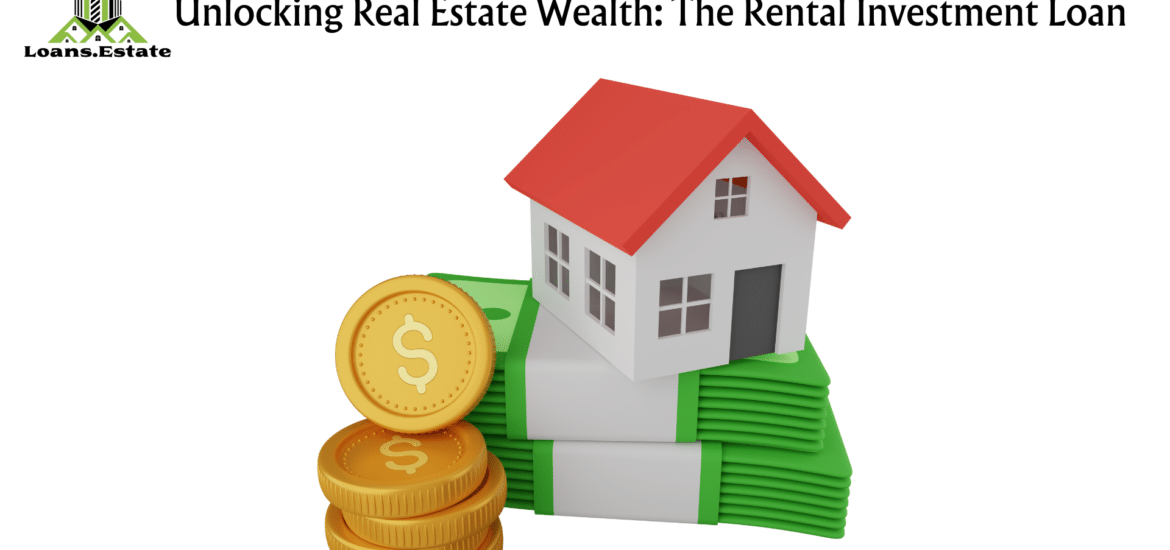Investing in real estate can be a lucrative endeavor, especially when it comes to rental properties. To embark on this wealth-building journey, understanding the nuances of rental investment loans is essential. This guide provides valuable insights and strategies for unlocking real estate wealth through rental investment loans.

The Foundation: Understanding Rental Investment Loans
What Are Rental Investment Loans?
Rental investment loans are financial tools designed specifically for real estate investors looking to acquire and profit from rental properties. Unlike traditional home loans, these loans consider the income potential of the property rather than the borrower’s primary residence.
Choosing the Right Loan: Strategic Considerations
Loan Types and Interest Rates
Conventional Loans vs. FHA Loans: Investors must decide between conventional loans and FHA loans. Conventional loans often require higher down payments but come with lower interest rates, while FHA loans offer more flexibility with lower down payments but involve additional mortgage insurance costs.
Fixed-Rate vs. Adjustable-Rate Mortgages
Investors need to choose between fixed-rate and adjustable-rate mortgages (ARMs). A fixed-rate mortgage provides stability with unchanging interest rates, while an ARM offers initial lower rates that adjust over time. The choice depends on the investor’s risk tolerance and long-term strategy.
Financing Your Investment: Loan-to-Value Ratio and Down Payments
Loan-to-Value Ratio (LTV)
Understanding the Loan-to-Value ratio is crucial. LTV compares the loan amount to the property’s appraised value. A lower LTV ratio indicates a lower risk for the lender and may result in better loan terms.
Strategic Down Payments
While traditional homebuyers often aim for substantial down payments, real estate investors often look for ways to optimize their down payment strategy. Higher down payments can lead to better loan terms, but investors must balance this with the need to preserve liquidity for potential property expenses.
Navigating Loan Approval: The Investor’s Toolkit
Credit Scores and Financial Profiles
Maintaining a strong credit score is imperative for loan approval. Investors should review and enhance their credit profiles before seeking a rental investment loan. A compelling financial profile increases the likelihood of favorable loan terms.
Debt-to-Income Ratio (DTI)
Lenders evaluate the Debt-to-Income ratio to assess the borrower’s ability to manage monthly mortgage payments. Investors should aim for a low DTI by minimizing existing debts and demonstrating steady income.
Risk Mitigation: Preparing for Challenges
Contingency Planning
Smart investors engage in contingency planning to mitigate risks. This involves preparing for potential challenges such as property vacancies or unexpected maintenance costs. Maintaining a financial cushion ensures the ability to navigate uncertainties without compromising the investment.

Conclusion: Building Wealth, One Investment at a Time
Successfully unlocking real estate wealth through rental investment loans requires a strategic and informed approach. Investors should meticulously assess loan options, understand their financial standing, and plan for potential challenges. By doing so, they can build a robust real estate portfolio and unlock the full potential of their investments.











 Conventional Loans: The Tried and True Path
Conventional Loans: The Tried and True Path